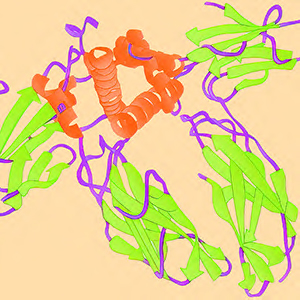FTALATI: PROPRIETÀ CHIMICO FISICHE E TOSSICITÀ
 Smart Citations
Smart CitationsSee how this article has been cited at scite.ai
scite shows how a scientific paper has been cited by providing the context of the citation, a classification describing whether it supports, mentions, or contrasts the cited claim, and a label indicating in which section the citation was made.
Phthalates are esters of phthalic acid. They constitute a class of synthetic chemical compounds produced in massive quantities and mainly used in the production of plastics, in particular of polyvinyl chloride, commonly referred to as PVC, used for the production of widely used products. In 2014, the world production of phthalates was 5 million tons per year, with a growing trend linked to the increase in consumption in Asian countries. Phthalates are released into the environment and are currently considered ubiquitous pollutants. They are taken daily by humans through the food chain and various biomonitoring campaigns indicate them as present in human biological fluids. Although numerous studies indicate that phthalates can be degraded by bacteria and fungi in aerobic, anoxic and anaerobic conditions, the extent of degradation largely depends on environmental conditions. Since phthalates have long been considered responsible for side effects on health, restrictions on their use have been introduced into the laws of many countries. However, the same countries hesitate to completely ban their use as they are very effective in modulating the mechanical properties of PVC and their cost / benefit ratio is particularly favorable when compared with that of possible substitutes. The analysis of the physico-chemical properties of phthalates helps to explain the role played in PVC formulations and their diffusion in the environment.


 https://doi.org/10.4081/incontri.2022.800
https://doi.org/10.4081/incontri.2022.800
